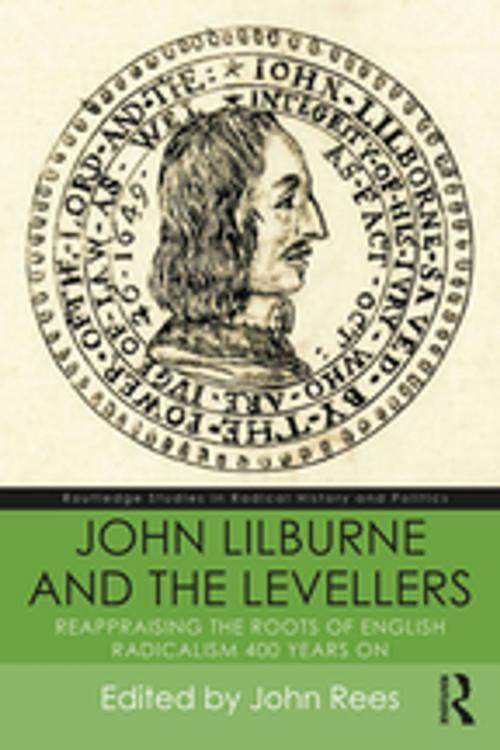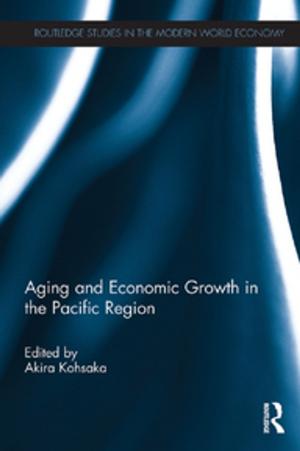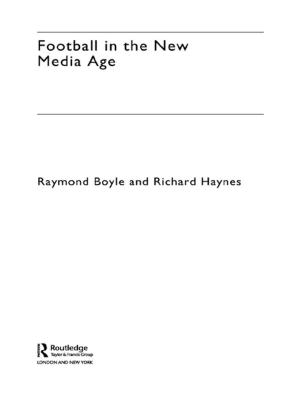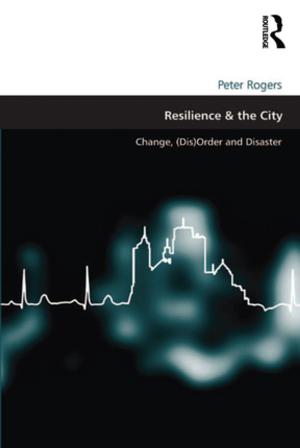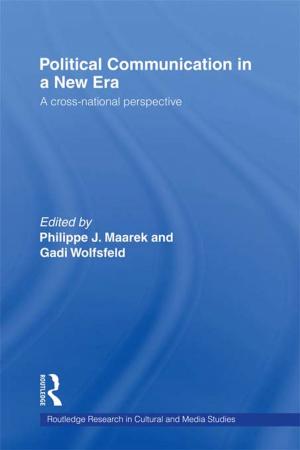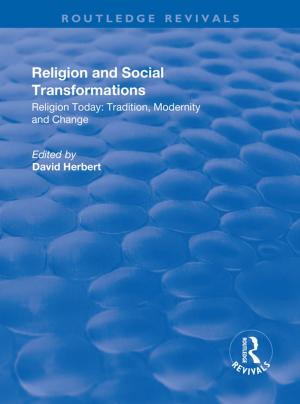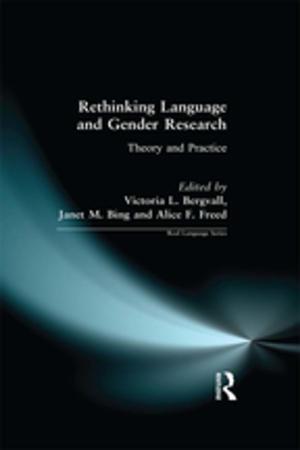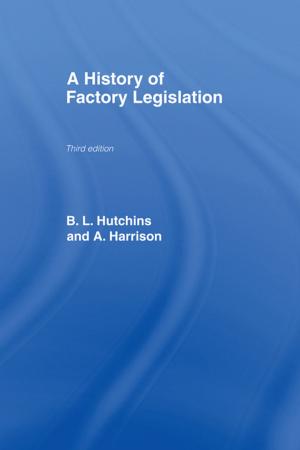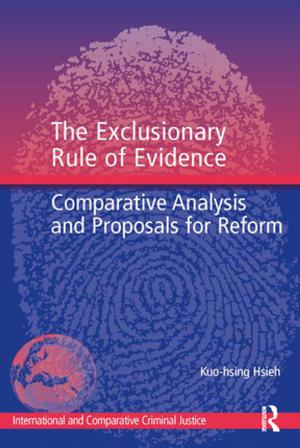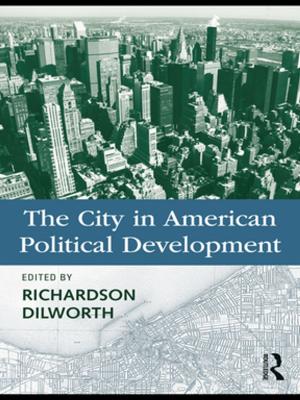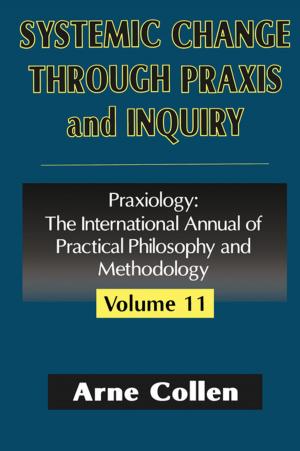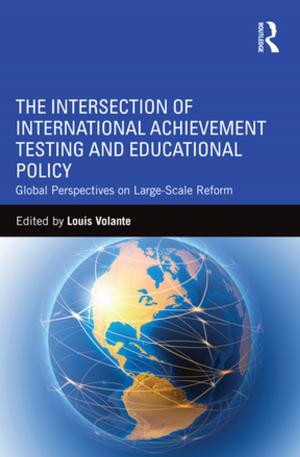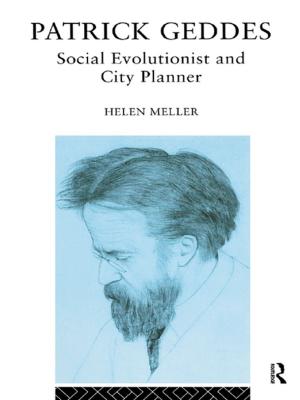John Lilburne and the Levellers
Reappraising the Roots of English Radicalism 400 Years On
Nonfiction, Social & Cultural Studies, Political Science| Author: | ISBN: | 9781317397557 | |
| Publisher: | Taylor and Francis | Publication: | September 8, 2017 |
| Imprint: | Routledge | Language: | English |
| Author: | |
| ISBN: | 9781317397557 |
| Publisher: | Taylor and Francis |
| Publication: | September 8, 2017 |
| Imprint: | Routledge |
| Language: | English |
John Lilburne (1615–1657), or 'Freeborn John' as he was called by the London crowd, was an important political agitator during the English Revolution. He was one of the leading figures in the Levellers, the short-lived but highly influential radical sect that called for law reform, religious tolerance, extended suffrage, the rights of freeborn Englishmen, and a new form of government that was answerable to the people and underpinned by a written constitution.
This edited book assesses the legacy of Lilburne and the Levellers 400 years after his birth, and features contributions by leading historians. They examine the life of Lilburne, who was often imprisoned and even tortured for his beliefs, and his role as an inspirational figure even in contemporary politics. They also assess his writings that fearlessly exposed the hypocrisy and self-serving corruption of those in power – whether King Charles I or Oliver Cromwell. They look at his contribution to political ideas, his role as a revolutionary leader, his personal and political relations with his wife Elizabeth, his exile in the Netherlands, his late decision to become a Quaker, and his reputation after his death.
This collection will be of enormous interest to academics, researchers, and readers with an interest in the English Civil War, seventeenth-century history, and the contemporary legacy of radical political tradition.
John Lilburne (1615–1657), or 'Freeborn John' as he was called by the London crowd, was an important political agitator during the English Revolution. He was one of the leading figures in the Levellers, the short-lived but highly influential radical sect that called for law reform, religious tolerance, extended suffrage, the rights of freeborn Englishmen, and a new form of government that was answerable to the people and underpinned by a written constitution.
This edited book assesses the legacy of Lilburne and the Levellers 400 years after his birth, and features contributions by leading historians. They examine the life of Lilburne, who was often imprisoned and even tortured for his beliefs, and his role as an inspirational figure even in contemporary politics. They also assess his writings that fearlessly exposed the hypocrisy and self-serving corruption of those in power – whether King Charles I or Oliver Cromwell. They look at his contribution to political ideas, his role as a revolutionary leader, his personal and political relations with his wife Elizabeth, his exile in the Netherlands, his late decision to become a Quaker, and his reputation after his death.
This collection will be of enormous interest to academics, researchers, and readers with an interest in the English Civil War, seventeenth-century history, and the contemporary legacy of radical political tradition.
